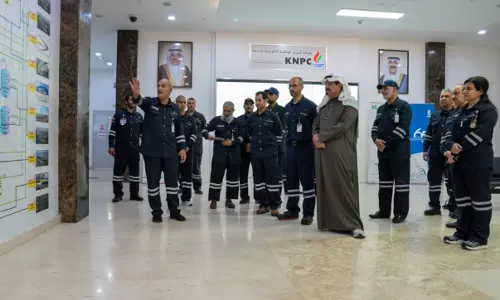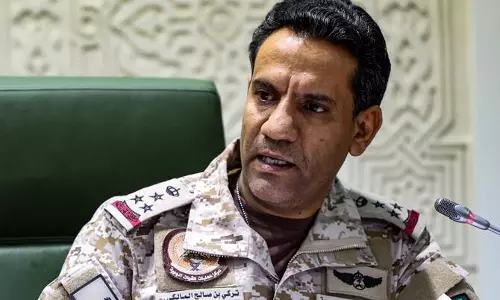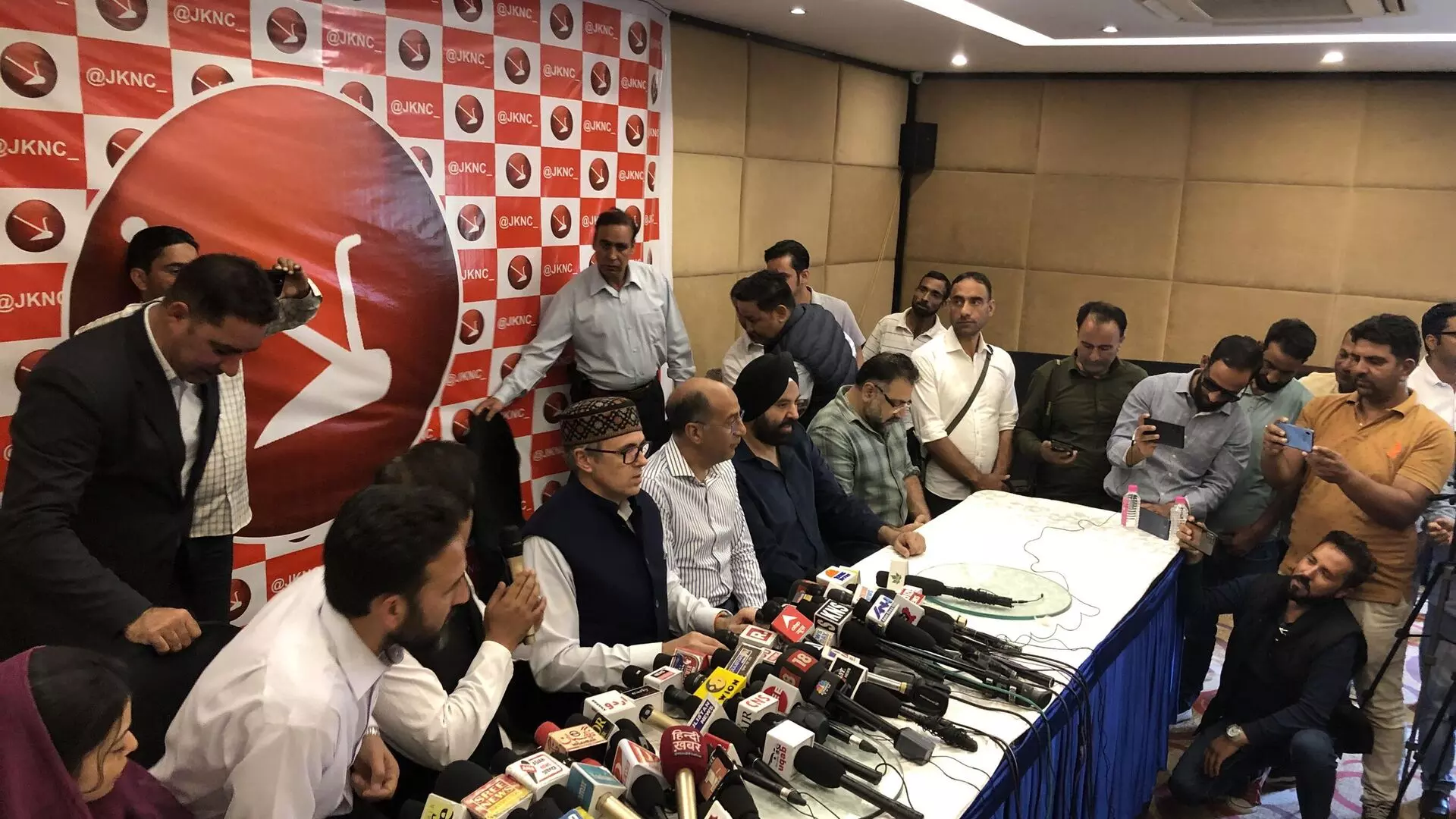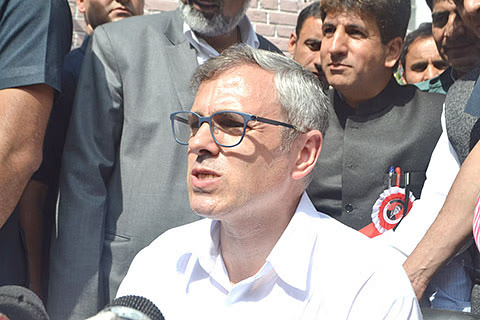
Ladakh election - a pointer
text_fieldsThe news that the National Conference and Congress parties swept the elections to the Ladakh Autonomous Hill Development Council- Kargil, which was part of the state of Jammu and Kashmir and carved out into a union territory, is an indication of the popular sentiment in the region. In the 26-seat elections, the National Conference (NC) -Congress combine won 22 seats in all, with NC winning 12 and Congress 10, , while the BJP which rules the Centre, managed to win only two seats. Two seats were won by independents. Around 78 percent of the 75,000 voters participated in the polling and elected 26 out of 85 candidates. Four persons are to be nominated by the administration. The Congress and the NC are highlighting this election result as evidence that the people have rejected the central government's decisions of August 2019, as the first public opinion demonstration in the region since the central action of withdrawing the special status of Jammu and Kashmir on August 4, 2019.
There is no cause to argue that the Ladakh result is hundred percent a reflection of the will of the entire people of Kashmir. However, the implicit view of the Ladakhis on this issue is more important than that of the Jammu and Kashmir region. This is the election of only the Kargil region – which fell due in 2023 five years after the 2018 election. But the previous one in Leh district was in 2020 and the next poll there is due only in 2025. In the population of undivided Jammu and Kashmir around 1.4 crores, that of Ladakh is only around three lakhs. The Kargil Council was formed in 2003, while the Ladakh Autonomous Hill Development Council of Leh came into existence that year under the Independent Hill Development Council Act, 1995. More importantly, when the state’s bifurcation took place in 2019, Jammu and Kashmir was granted an elected assembly like Delhi and Puducherry, while Ladakh was decided to do without one. Therefore, the election to the Development Council, which carries out some of the responsibilities of governance, is the only way for the local electorate to express their will, apart from the Lok Sabha elections. During the existence of the J&K state assembly, Kashmir Valley had 46 seats and Jammu 37 while Ladakh had four constituencies. It can be said that at the very first opportunity after the bifurcation, the people of Ladakh gave their verdict against the Centre's decision of partition.
It was on this platform that non-BJP opposition parties, NC and Indian National Congress faced the election. And the NC went to the people clearly declaring that this will be a referendum on the partition decision of August 5, 2019. On the other hand, the BJP campaigned with the dictum that the election will be the people’s verdict on the development plans executed after 2019. However, the election results indicate that even that has been rejected by the majority. NC Vice President Omar Abdullah said that this is a reminder to the BJP that it should end the practice of governing with unelected representatives hiding behind Raj Bhavans and accept the people's yearning for an elected government.
In a sense, Ladakh is the first electoral experience for the opposition INDIA alliance, which includes the Congress, after it came into existence. However, it cannot be said that this is a sample of things to come. First of all, Kashmir has a unique situation of factors that other states don’t. There are only a handful of major non-BJP parties in the fray in Kashmir. At the same time, the 28-party INDIA coalition, even barring the regional parties, has many constituent parties that have an active presence in only a few states. Apart from these, many parties have yet to agree on issues at an all India level. It may also be noted that the Congress won contested 22 seats out of the total 26 seats in Ladakh and the NC 17; thus a total of 39 contestants for 26 seats. And this was in spite of was a similarity of views on the special issue of Kashmir. The explanation is that the parties insisted on common candidates only in places where there is a possibility of tough competition giving an edge to the BJP. But then it is important to note that the Congress and NC were in a 'friendly' contest for the newly won seat for the BJP, which had only one seat in 2018 (later adding two PDP defectors to make it three).
The BJP government at the Centre is still turning its back on the main demand of the majority of parties in Kashmir, i.e., restoration of statehood for Jammu and Kashmir. Although the August 2019 decision envisages statehood for J & K. the Centre is going slow on that saying that elections would be held at an 'opportune time' considering the security situation, This was reiterated as the Centre’s stance even during the hearing of the case on the validity of Article 370 in the Supreme Court. In the response of the Election Commission on Monday, it stopped short of giving a timeline and only said that elections will be held in Kashmir at the 'right time'. It is to be assumed that until then, the ground situation created by the arbitrary decisions implemented through denying most of the freedoms to the people, will continue. It is also to be seen as intended to prevent at any cost the emergence of popular will unpalatable to the ruling establishment.


























